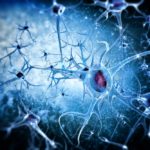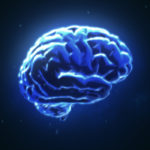One of the largest genetic studies on autism spectrum disorder thus far has identified 102 genes linked to the neurodevelopmental condition. The results were published in the peer-reviewed journal Cell.
In the new study, funded by the National Institutes of Health, a team of researchers at Mount Sinai School of Medicine examined samples of approximately 12,000 participants with autism spectrum disorder. The large sample was acquired through the support of the Autism Sequencing Consortium, an international autism genetics collaboration.
“We present the largest exome sequencing study of autism spectrum disorder (ASD) to date,” the study reads. “Using an enhanced analytical framework to integrate de novo and case-control rare variation, we identify 102 risk genes at a false discovery rate of 0.1 or less.”
Of the 102 genes identified as directly linked to autism spectrum disorder, researchers noted 49 were correlated with other developmental delays.
The findings also showed that genes associated with the neurodevelopmental condition impacts brain development or function that can lead to the development of autism. Excitatory and inhibitory neurons, both can also be impacted in autism, the study also concluded.
“This is a landmark study, both for its size and for the large international collaborative effort it required. With these identified genes we can begin to understand what brain changes underlie ASD and begin to consider novel treatment approaches,” said Joseph Buxbaum, a researcher at Mount Sinai.
“Through our genetic analyses, we discovered that it’s not just one major class of cells implicated in autism, but rather that many disruptions in brain development and in neuronal function can lead to autism. It’s critically important that families of children with and without autism participate in genetic studies because genetic discoveries are the primary means to understanding the molecular, cellular, and systems-level underpinnings of autism.”


